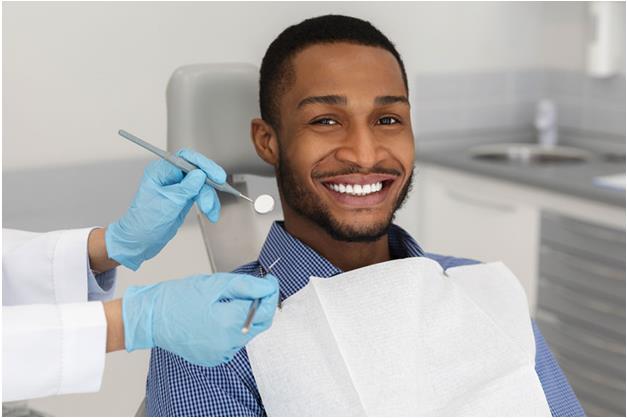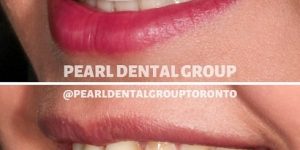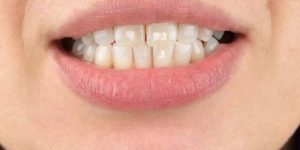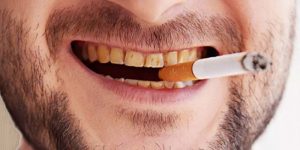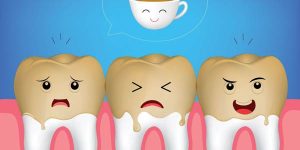If your whitening routine isn’t delivering that dazzling smile you hoped for, you’re not alone—sometimes, teeth whitening fails for reasons that may not be immediately obvious. While it’s frustrating, understanding why these treatments fall short and exploring better options can help you achieve your desired results. Whether you’re dealing with stubborn stains or ineffective products, there are solutions to brighten your teeth safely and effectively.
Common Reasons Teeth Whitening Treatments Fall Short
There are several reasons why teeth whitening treatments don’t always work as expected. Identifying the cause can help you choose a more effective solution.
Intrinsic vs. Extrinsic Stains: Understanding the Difference
Teeth discoloration comes in two forms: intrinsic and extrinsic stains. Extrinsic stains occur on the surface of the teeth due to external factors like coffee, wine, or smoking. These are usually responsive to whitening products. Intrinsic stains, however, are deeper and result from issues like trauma, medication, or aging, which makes them harder to address with over-the-counter whitening products.
Limitations of Over-the-Counter Products
While widely available and affordable, over-the-counter whitening products often lack the strength to tackle deeper stains. Drugstore whitening strips or toothpaste may offer minor improvements for surface discoloration but usually fail to deliver dramatic results. Their one-size-fits-all approach doesn’t cater to unique dental conditions, leaving users disappointed.
Improper Application or Technique
Even the most effective products won’t work if they’re not applied correctly. Skipping instructions, leaving products on for too little or too much time, or uneven application can cause inconsistent results. DIY kits also carry a higher risk of gum irritation or uneven whitening.
What Factors Affect Teeth Whitening Results?
The outcome of your whitening treatment can depend on several factors unique to your teeth and lifestyle.
Tooth Enamel Thickness and Sensitivity
The thickness of your tooth enamel plays a significant role in how well whitening treatments work. Thin enamel may expose the yellowish dentin underneath, making whitening less effective. Additionally, if you experience enamel sensitivity, aggressive treatments may exacerbate discomfort, limiting your options.
Lifestyle Habits: Smoking, Diet, and Oral Hygiene
What you consume and how you care for your teeth have a direct impact on whitening results. Smoking and drinking beverages like coffee or red wine can quickly reverse the effects of whitening. Poor oral hygiene, such as inconsistent brushing and flossing, allows stains and plaque to accumulate, further dulling your smile.
Underlying Dental Issues: Decay, Tartar, and Damage
Teeth whitening fails when underlying dental problems aren’t addressed first. Cavities, tartar buildup, or damaged teeth can interfere with whitening treatments. Whitening products can’t penetrate through decay or stains caused by compromised tooth structures, making it essential to treat these issues before attempting cosmetic improvements.
Achieve Your Dream Smile with Pearl Dental Group
If teeth whitening hasn’t been working for you, it’s time to explore better options. Pearl Dental Group offers professional whitening treatments and personalized cosmetic solutions to help you achieve the bright, beautiful smile you’ve always wanted.
How to Improve the Effectiveness of Teeth Whitening
If whitening treatments haven’t been working for you, there are ways to enhance their effectiveness and achieve better results.
Professional Whitening Treatments vs. DIY Kits
Professional teeth whitening performed by a dentist is far more effective than DIY kits. Dentists use stronger, safe bleaching agents that can address both intrinsic and extrinsic stains. In-office treatments also offer custom solutions tailored to your teeth, ensuring even and lasting results.
Maintaining Results with Aftercare Practices
Whitening doesn’t end after the treatment—it requires commitment to maintenance. Avoiding stain-causing foods and drinks, quitting smoking, and practicing excellent oral hygiene will prolong your results. Using touch-up whitening products recommended by your dentist can also help keep your teeth bright over time.
Combining Whitening with Other Cosmetic Treatments
For individuals with severe discoloration, combining whitening with other cosmetic dental treatments may be the best solution. Dental bonding, veneers, or crowns can provide a polished, stain-resistant finish for those whose stains don’t respond to whitening alone.
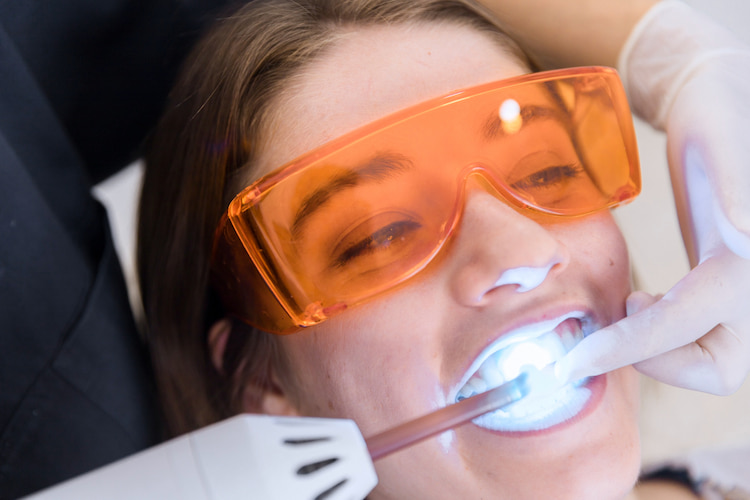
When to Consider Alternatives to Teeth Whitening
Sometimes, whitening isn’t the best option, and considering alternatives can lead to better long-term results.
Dental Veneers for Severe Discoloration
For patients with deep intrinsic stains or enamel irregularities, dental veneers for discoloration offer a permanent and stain-resistant solution. These thin shells cover the tooth’s surface, providing a flawless appearance that doesn’t fade over time.
Bonding or Crowns for Stains Resistant to Whitening
For teeth that are discolored due to damage or decay, bonding or crowns may be more effective than teeth whitening. These treatments not only address discoloration but also strengthen and protect the teeth, ensuring a durable and natural-looking result.
Consulting a Dentist for Personalized Solutions
If you’ve tried everything and your teeth whitening fails, consulting your dentist is the best course of action. They can identify the root cause of discoloration and recommend treatments tailored to your needs. Whether it’s professional whitening, zoom whitening or cosmetic alternatives, a dentist’s expertise ensures the best possible outcome.
Conclusion
A quick teeth whitening doesn’t always go as planned, but that doesn’t mean you can’t achieve a brighter smile. Understanding the reasons behind whitening failures, from intrinsic stains to lifestyle habits, is the first step in finding the right solution. Professional treatments, personalized cosmetic options, and proper aftercare can make all the difference in achieving long-lasting results.
If you’re ready to transform your smile, contact Pearl Dental Group today for expert advice and effective cosmetic treatments. Let us help you get the radiant smile you deserve!
FAQs
Why doesn’t teeth whitening work on all types of stains?
Intrinsic stains, which are located inside the tooth, are more resistant to whitening than extrinsic stains. Professional treatments or alternatives like veneers are often needed for such cases.
Are professional whitening treatments more effective than OTC products?
Yes, professional whitening treatments use stronger agents and custom techniques for more effective and consistent results. They also address both surface and deeper stains that OTC products can’t tackle.
How long do teeth whitening results typically last?
The results can last anywhere from six months to two years, depending on your lifestyle and aftercare practices. Avoiding stain-causing habits and maintaining good oral hygiene will prolong the effects.
Can teeth whitening damage my enamel?
When performed properly, whitening treatments are safe and won’t harm your enamel. However, overusing harsh products or improper application can cause temporary sensitivity or irritation.
What can I do to maintain my whitening results longer?
To maintain results, practice excellent oral hygiene, avoid foods and drinks that stain, and schedule regular dental cleanings. Using touch-up treatments recommended by your dentist can also help preserve your brighter smile.



